I want to work in overseas sales for an automaker. I set clear goals for myself and I chose my way of life to make them come true.
2023.12.28Yutaro Ohata has loved trains, planes and automobiles since he was a little kid. He used to look out from the school bus at the cars and motorcycles on the road and memorize the models. Yutaro had a vague ambition of work for an automaker someday. On a homestay in New Zealand as a high-school student, his class went on a field trip to Vietnam; in university he spent 10 months on an exchange program in Thailand. That was when Yutaro decided that he wanted a job that involved flying overseas. Why did he decide that enrolling in the Faculty of International Social Sciences (ISS) would help him realize his clear goal of doing overseas sales for an automaker? And how did he spend his four years at ISS?
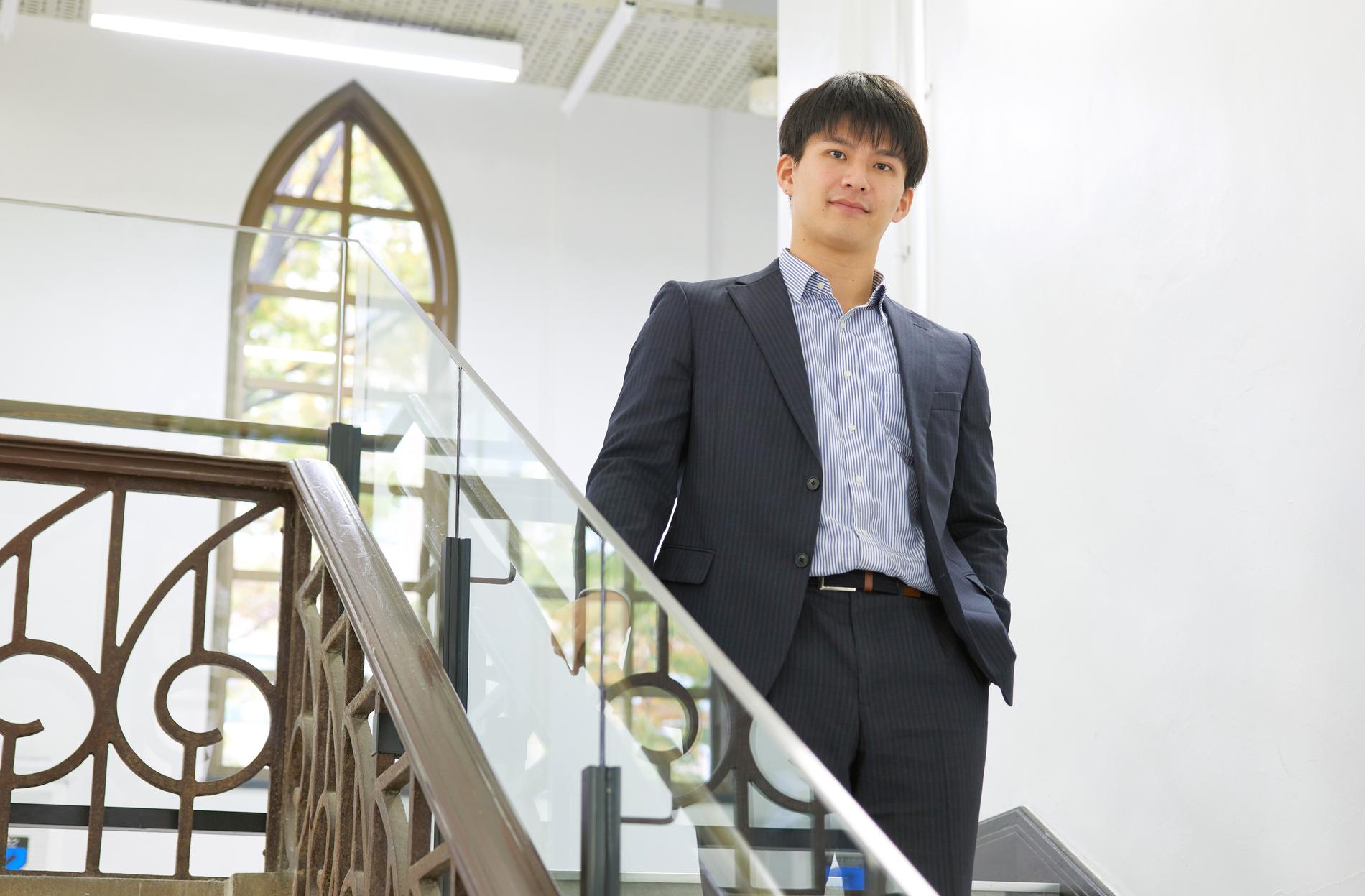
2016: Enrolled in ISS.
2020: Graduated from ISS with a Bachelor’s degree in International Social Sciences.
Born in Tokyo in 1997. Took part in a study-abroad program at Assumption University in Thailand from August 2017 to June 2018. Attended a seminar on Asian Area Studies with Professor Akira Suehiro*. Joined Suzuki Motor Corporation in 2020. Currently works in the Global Sales Group of Spare Parts & Accessories Administration Department.
*Professor Suehiro retired in March 2021. His successor, Professor Koji Kubo, is now in charge of lectures and seminars on Asian Area Studies.
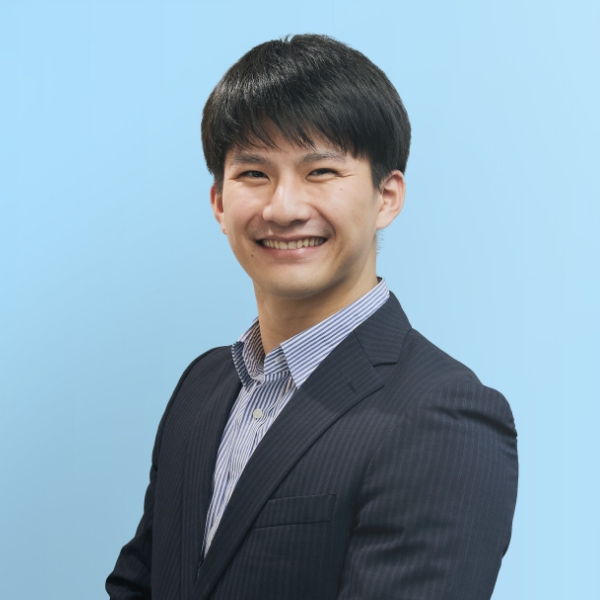
My dream for the future started growing in me when I was a kid.
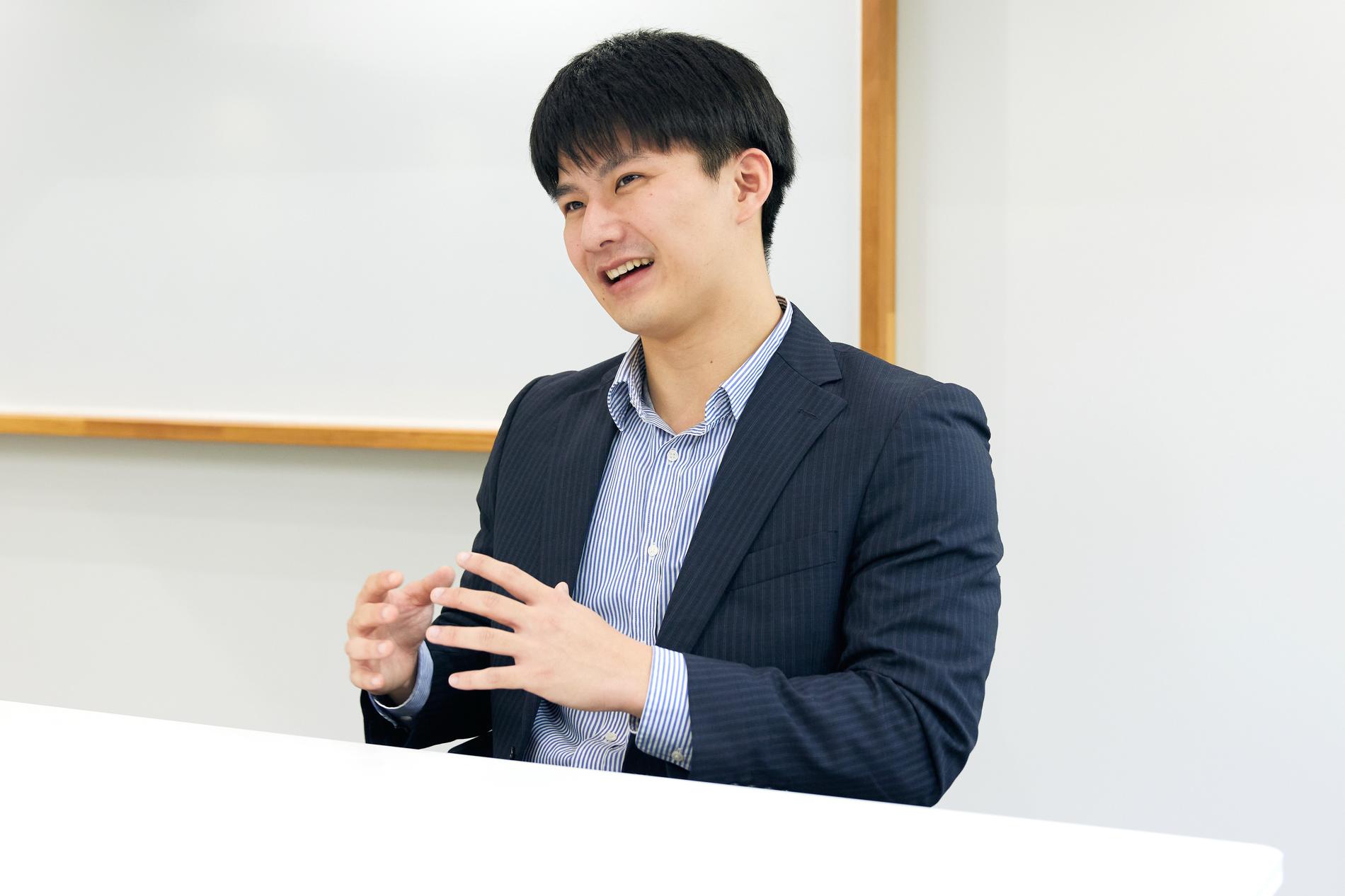
I’ve loved trains, planes and automobiles since I was a little boy, when I used to travel by train a lot with my father. My enthusiasm for cars and motorcycles started around the time I was in junior high school. I was attending a combined junior high and high school in Hachioji (Tokyo). I used to look out the window of the school bus at the cars and motorcycles on the road and think things like “That car looks cool!” and “I wonder what model that bike is?” I loved to look at them and compare them. As a high-school student I harbored a vague desire to work at a car company.
The fact is, until about the time I entered high school I couldn’t speak English very well. That changed in my first year of high school, when I went to do a homestay in the city of Christchurch on the South Island of New Zealand. My homestay family was really kind to me. I could hardly speak English at all, but the people there adjusted to my poor English, speaking slowly and clearly for me. Daily communication in English became lots of fun as I went for walks, went shopping at the supermarket and so on. I started putting real effort into my English studies and I got to like English more and more. In my third year of high school, English was my best subject.
I chose ISS for two reasons. The first was that I wanted to travel overseas again as a university student, this time on a proper long-stay study-abroad program, so that I could improve my English some more. The second reason was that, even with the study-abroad program, I would be able to graduate within four years. My reason for wanting to brush up my English was that I wanted to join an automaker and do work dealing with people overseas. It was important to me to graduate within four years because I had promised my father that I would do so. I was looking for a university that met those conditions when I discovered ISS at Gakushuin University. I would devote myself to studying English at the newly established Faculty and take most of my classes in English from my second year. In other words, I was going to make English my own no matter what. Also, everyone is required to study abroad and we can earn credits at universities there. No other faculty suited my needs as perfectly as ISS.
Though I managed to enroll in ISS without incident, keeping up with the classes was really tough. Even though English was my favorite subject, my ability was limited to reading and writing. At the beginning of my freshman year, I couldn’t understand what my instructors, who were native English speakers, were saying. I couldn’t understand the assignments they would give us at the end of the class. I asked the classmates around me—they couldn’t understand them either. Ultimately I would either go and ask the instructor or do the assignment based on a guess.
To immerse myself in Southeast Asian society, I attended a university in Thailand.
My study abroad was a 10-month exchange program that began in the summer of my second year, in which I attended Assumption University in Thailand. I chose Thailand for two reasons. First, I had already been to Vietnam on a high-school field trip. Second, I attended a class given by Professor Akira Suehiro (who retired in March 2021), a leader in Thailand studies, when I was a freshman. I found his class interesting and it sparked my fascination with Southeast Asia. Professor Suehiro always said, “If you want to understand the society of a region, you have to go there yourself and see the world from a local perspective.” So I had two purposes for studying abroad: to learn English as it is spoken in daily life and to understand Southeast Asian society.
At that time my English wasn’t yet up to par, but my Thai roommate at the dormitory spoke English really well. Through chatting with him, I gradually improved my speaking and listening ability. There were a lot of foreign students at the university, so I improved my English together with students from many countries, including China, Nepal, Laos, Myanmar and Burkina Faso.
In my classes I studied economics and management. In economics class I gave a presentation on a case study about Japanese automobiles in Thailand and in management class I studied a case study on the development of department stores in central Bangkok. What struck me about Thailand was that almost all the cars and trucks on the roads had Toyota, Honda or Suzuki emblems on them. Repair shops in the city had signs bearing the logos of Japanese automakers. Seeing with my own eyes how Japanese cars were providing transportation for people overseas, playing useful roles in their daily lives, redoubled my determination to work for an automobile manufacturer one day.
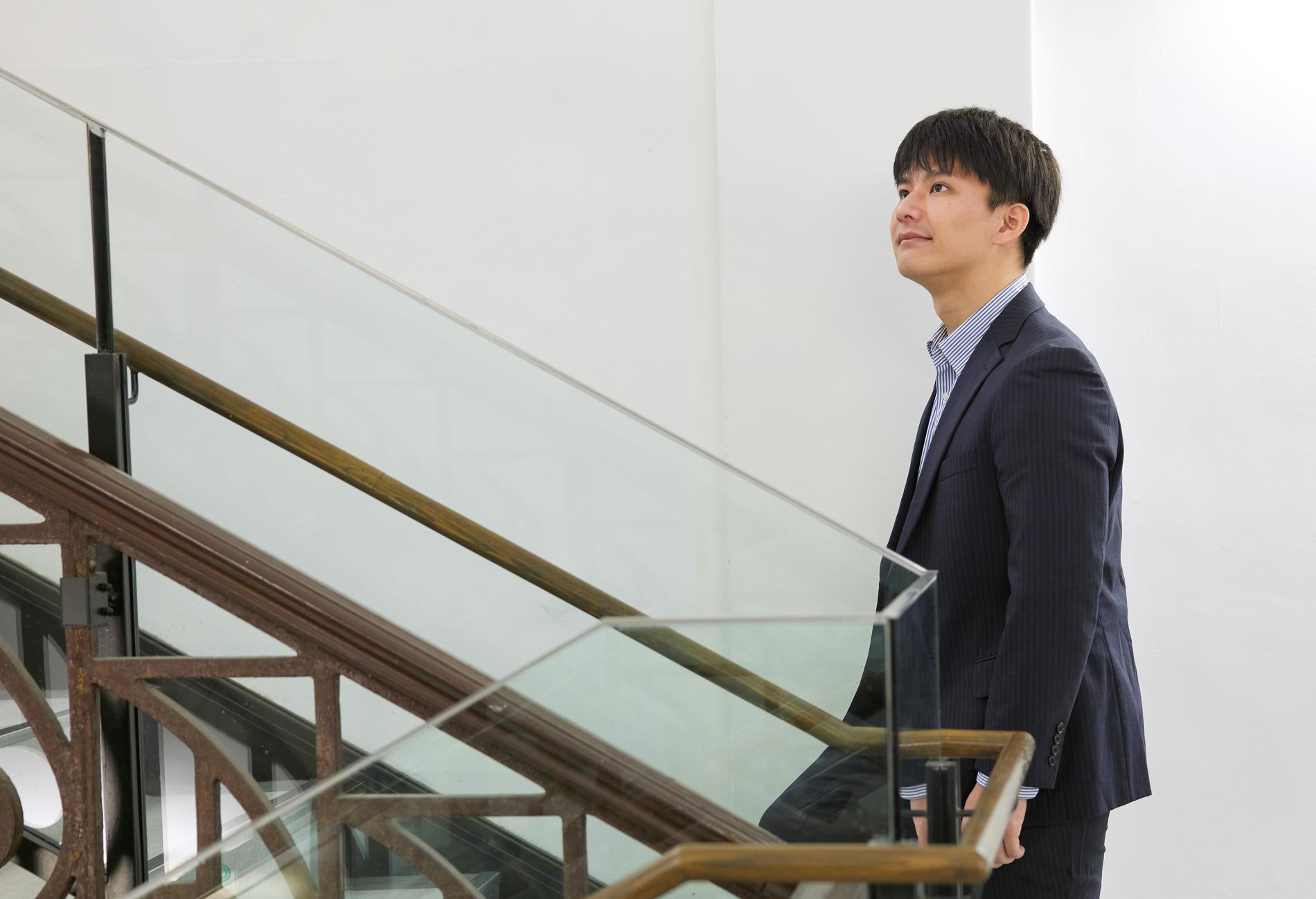
When I got back to Japan, I joined a seminar on Asian Area Studies. I wrote my graduate thesis on Thailand’s tourism industry. The diversity of Southeast Asia is truly amazing. Each country has its own distinct culture; the native languages, cooking and historical background are all different. Into the midst of these countries, each with their unique traits and ethnic mixes, come people from Chinese-speaking countries, from Japan, from Western countries. They work in a wide variety of sectors, including manufacturing, import/export and finance, creating a wide range of businesses. It’s fascinating.
I fulfilled my dream of joining an automaker and was assigned to overseas sales.
In my job hunt I applied to every one of the Japanese automakers. I took the opportunity to join Suzuki. I love old Suzuki cars and motorcycles, like the Katana, Mighty Boy and Jimny. Also, after getting hired I wanted to live somewhere other than the Tokyo area. Suzuki’s headquarters is in Hamamatsu, Shizuoka Prefecture, so it was pretty close to ideal for me. I was really fortunate. Once I joined the company, since I wanted to do work involving overseas operations and was interested in emerging countries, I asked my bosses to assign me to a department that worked with such countries.
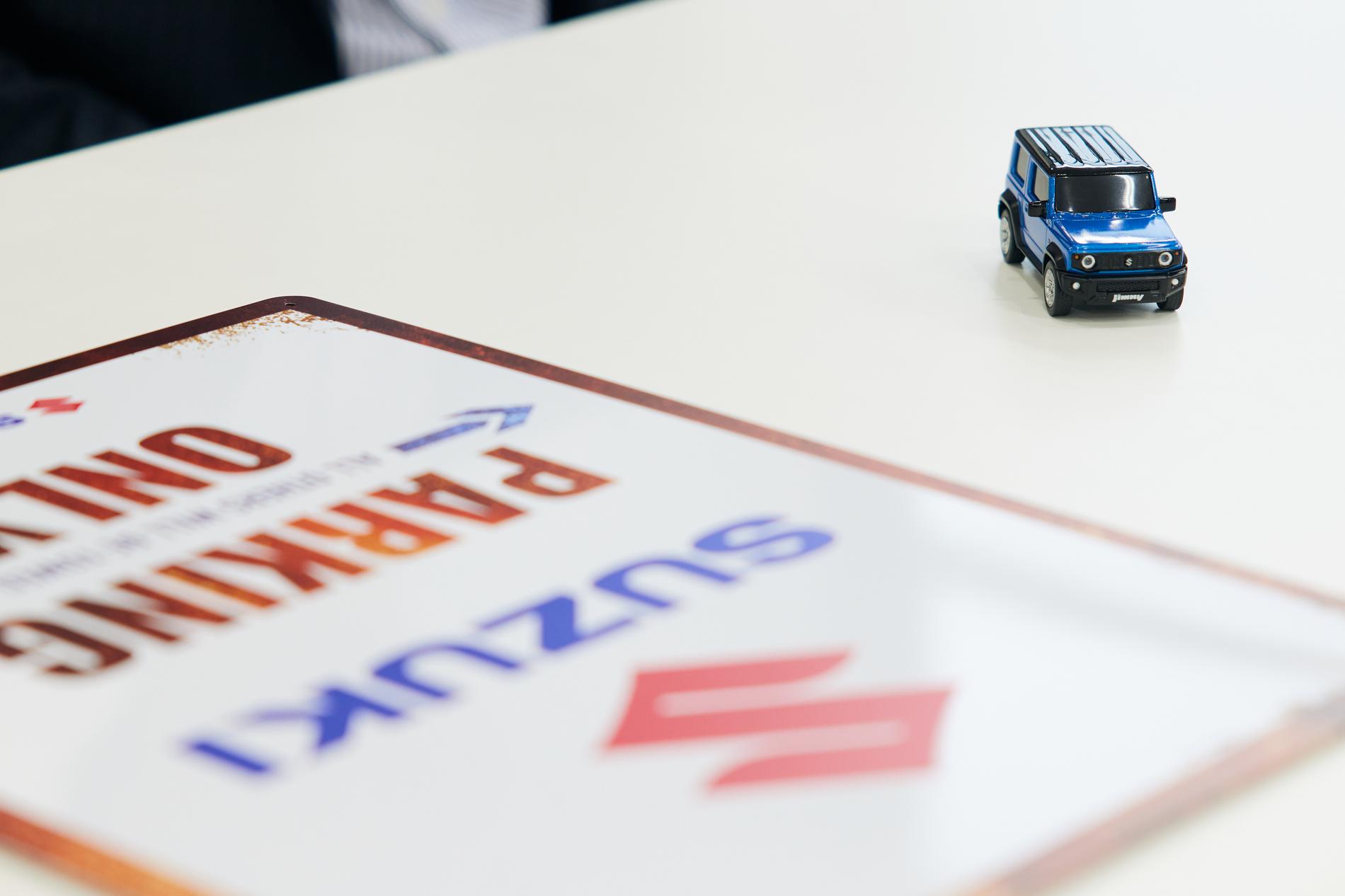
So I had joined the company and landed my dream assignment: Suzuki assigned me to the Global Sales Group of Spare Parts & Accessories Administration Department. My job is to sell parts for car maintenance all over the world. My hiring coincided with the spread of COVID-19, so for two years I was unable to go overseas. But as soon as the ban on overseas business trips was lifted, I set off on business trips to Oceania and Southeast Asia, where I was able to research local markets and visit sales outlets. From April to August 2023 I was stationed in India for in-house training. Now I’m really getting a look at the wide world that I could only see previously by e-mail and videoconferencing. I recalled Professor Suehiro’s words in his lectures on area studies and realized how right he was: “You can't understand a society until you’ve been there yourself.”
Communicating with overseas sales distributors can be difficult, but I do it with a sense of purpose. I have to pay close attention to gather market information and coordinate with others in-house, and my job puts me in contact with people of differing cultures and world-views every day. Ways of communicating and business practices can differ markedly from country to country. Doing business with people in a wide range of countries is incredibly motivating.
The populations of countries in South and Southeast Asia are really increasing, so there are a lot more young people than in Japan. The people at the heart of running the company are not much different from me in age. The energy is amazing.
The enthusiasm is especially incredible in India, a country with more than 10 times the population of Japan. In 1981 Suzuki joined a state-owned company in India to found a joint venture called Maruti Udyog Limited (now Maruti Suzuki India Limited). Suzuki built an integrated manufacturing and sales organization there and as a result Suzuki continues to enjoy top share in the Indian auto market. Maruti Suzuki is now pretty much the “people’s car” in India. Now other automakers have set their sights on India and are piling in, including Hyundai of South Korea, India’s own Tata Motors and BYD from China, as well as other Japanese automakers. The competition is intense. In our in-house training I’ve witnessed serious discussions day after day on how we can increase Maruti’s market share. Of course, those conversations are conducted in English.
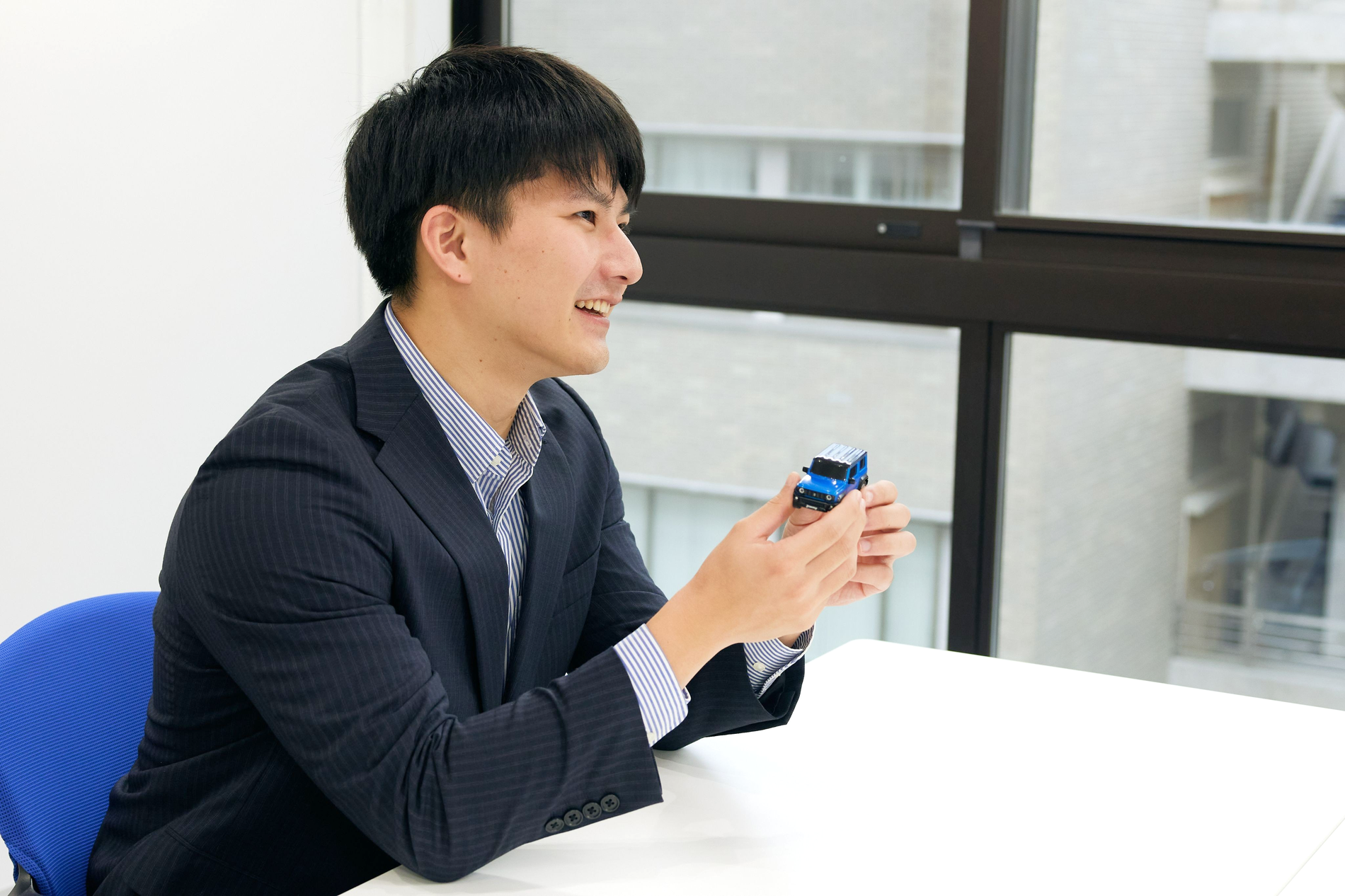
I get to know people of widely varying personalities and we grow together.
I’m truly grateful to ISS for all the capabilities it cultivated in me, not just English proficiency but many other things as well. When I was a student at Gakushuin University, my friends and I helped and encouraged each other as we pursued our studies. We did group work in numerous subjects, not just English, and did many group presentations. ISS has lots of people with strongly individual characters. It was my pleasure to get to know a lot of unique individuals.
I think ISS is a good fit for people who like to “play hard and study hard.” It has instructors in a wide range of fields and a wide variety of classes. We can study social frameworks from a wide variety of perspectives, do overseas study to experience living in a foreign country and gain real, practical knowledge. The experience and knowledge you gain at ISS will be a powerful source of strength for you when important decisions have to be made.
※Note: Posts, job descriptions and other posted details are as of the time of writing.
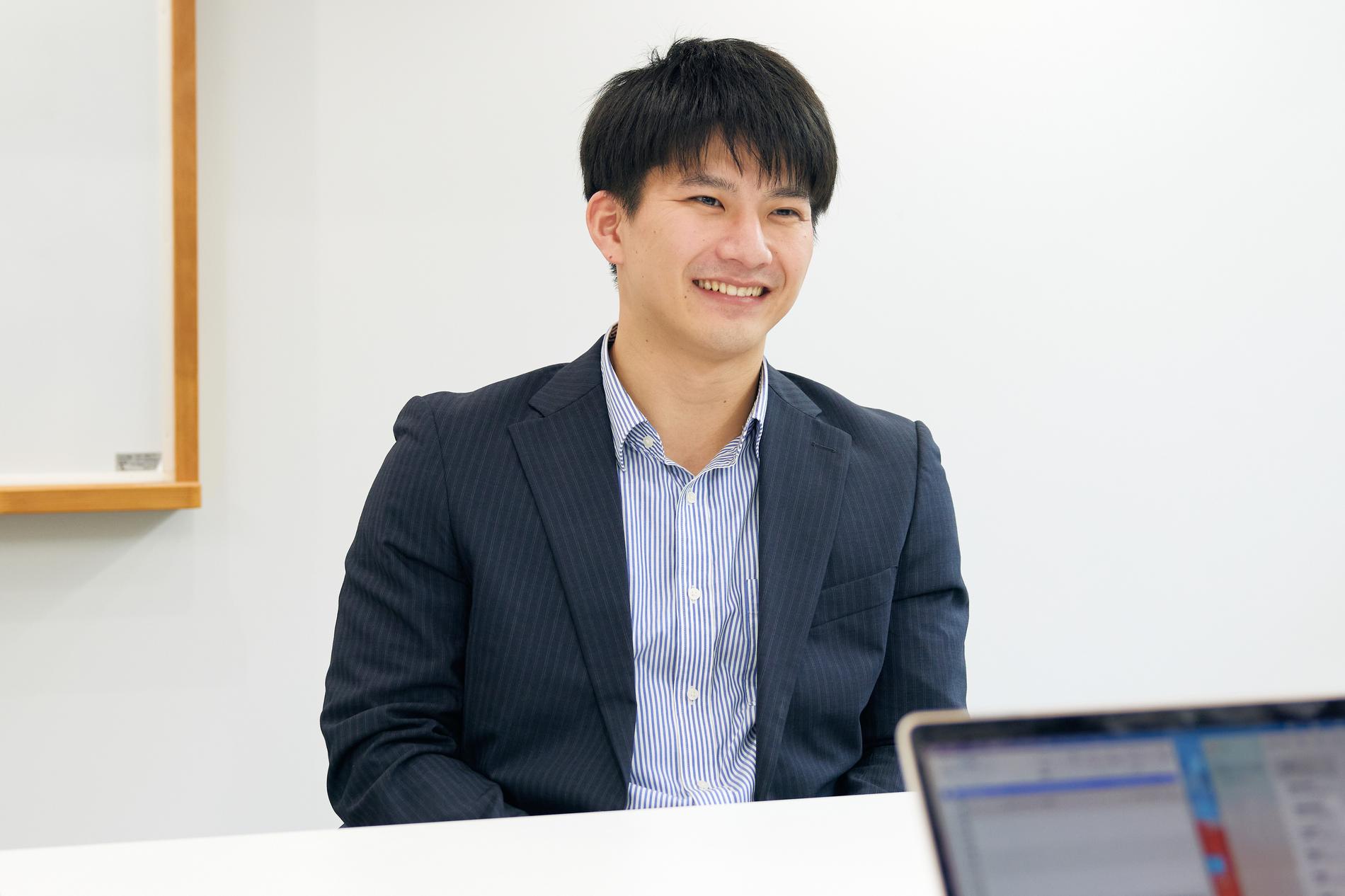
How I Spent My Four Years at ISS

I studied academic English from the first period of the day. In the afternoon I learned the basics of economics and area studies. On many days I worked on assignments well into the evening.

I took a course in Asian economics taught by an instructor I encountered in my basic seminar. I focused more on area studies. At the end of the first semester I studied abroad.

In Thailand I took courses focusing on management and economics. I returned to Japan with considerable knowledge about the Thai economy. In the second semester I took seminars and concentrated on studying management and economics.

I pursued my job search and worked on my graduate thesis. The theme of my thesis was the tourism industry in Thailand. I accepted a position at Suzuki, a company with initiative in emerging countries in Asia.

 Japanese
Japanese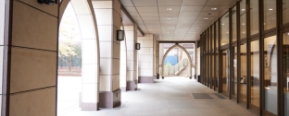
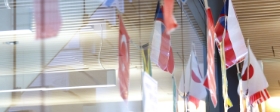
 Contact Us
Contact Us